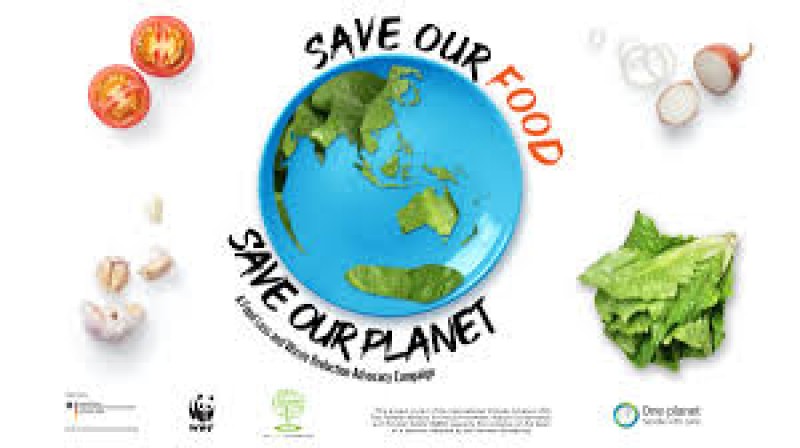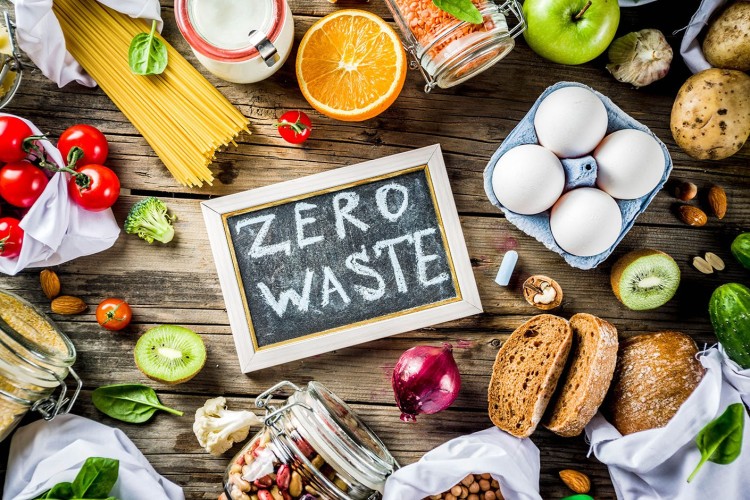
Diving Into the Circular Economy and Food Waste ♻️
The circular economy principle is a concept aimed at creating a loop system where waste and resource input are minimized. Unlike the traditional linear economy, which follows a "take, make, dispose" model, the circular economy seeks to keep products, materials, and resources in use for as long as possible.
So how does this work with food?
Food waste upcycling: Converting food that would’ve been wasted into new products or ingredients for consumption or industrial use can reduce the amount of food wasted, using that food to make new usable products.
Examples:
-
Turning food waste into biogas through anaerobic digestion or transforming it into fertilizer, animal feed, or other products → provides renewable energy and valuable soil nutrients
-
Using vegetable scraps in broths → personal enjoyment from the final product
Food waste technology: Food waste disposal technology offers innovative solutions to prevent, track, manage, and repurpose food waste. My Food Savers is one personal method of tracking household food, which helps to mitigate the possibility of throwing out heaps of expired snacks and other consumable food (e.g. dairy, meat, etc.) On a larger scale, this technology can be used throughout the supply chain, such as for tracking food waste generation, repurposing it into useful resources, predicting food waste occurrences, anaerobic digestion, mechanical composting, and more.
Partner with food banks and charities: By making partnerships, supermarkets, grocery stores, and other food-related businesses hold themselves more accountable. In addition, some governments are enacting laws to promote food donations that encourage food donations to nonprofit organizations by minimizing liability if the food causes harm to recipients.
By implementing these practices, the food industry can transition towards a circular economy model, reducing environmental impact, conserving resources, and creating economic opportunities through more efficient and sustainable use of food.
Hope you found this topic interesting and see you in our next blog post!
References
Shapiro Enterprises. “The Economic Impact of Food Waste | Shapiro.” Shapiroe.com, 23 Jan. 2024, shapiroe.com/blog/economic-impact-of-food-waste-effects/#:~:text=Three%20ways%20that%20businesses%20can. Accessed 8 Sept. 2024




